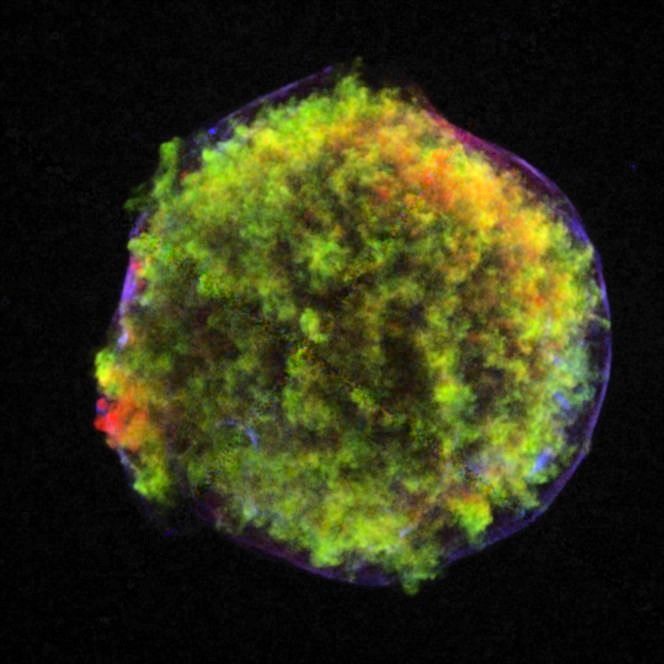SHARP (SHocks: structure, AcceleRation, dissiPation) project is funded by the European Union’s Horizon 2020 research and innovation programme. It started on January 1st, 2021 and will run for 3 years. The project is aimed at achieving a breakthrough in our understanding of collisionless shocks on the basis of comprehensive data analysis. SHARP project is consolidating efforts of the world-leading experts in Europe (Finnish Meteorological Institute, Finland; Swedish Institute of Space Physics, Sweden; Universiteit van Amsterdam, Netherlands), Israel (Ben-Gurion University of the Negev) and USA (University Of California, Los Angeles). The project will result in a set of freely accessible, higher-level data products to aid the identification of events and fast determination of the shock parameters.
Collisionless shocks are one of the most fundamental phenomena in space and one of the most powerful accelerators in the universe. Despite more than half a century of collisionless shock research, our understanding of the processes of the shock energy dissipation into charged particle heating and acceleration remains incomplete.
SHARP will achieve a major leap in the understanding of the structure of collisionless shocks in various environments and of the acceleration processes at all shock scales. This will be done by:
a) intensifying exploitation of the heliospheric data and performing a thorough and comparative analysis of the Earth bow shock, planetary shocks, and interplanetary shocks,
b) establishing a collaboration of world-renown groups to significantly advance knowledge in all aspects of the shock physics,
c) utilizing and combining the knowledge obtained from in situ measurements of heliospheric shocks and remote observations of distant astrophysical shocks, and
d) developing an open-source high-level database of shocks and a centralized source of advanced tools for the purpose of analysing shock structure and dynamics.






